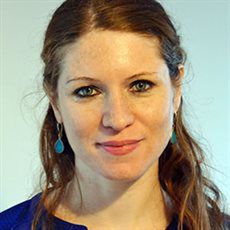
Animals must make crucial behavioural choices on a minute by minute basis to survive in a changing environment. A long-standing enigma is, how are alternative options evaluated in the brain and specific actions prioritized? We know that cues conveying external information (e.g., access to food, potential dangers) and internal state (e.g., fear, hunger) guide behavioural choices. However, how the brain prioritises specific actions remains unknown.
Our lab addresses this fascinating question using the fruit fly model, Drosophila. Fruit flies exhibit complex behaviours that are controlled by a relatively small brain. Thanks to sophisticated tools available in the fruit fly, we can interrupt specific genes, as well as visualise and manipulate individual neurons with great resolution. With these tools, we can study how the fly brain responds when there are conflicting options available, and how it chooses amongst them. By studying how the brain makes decisions at a genetic, cellular and circuit level, in an accessible experimental system, we aim to reveal fundamental principles underlying behavioural choices that might be present across species.
Principal Investigator

Associate Professor
Our lab uses the fruit fly Drosophila to unravel the mechanisms underlying behavioural choices. By studying how the brain makes decisions at a genetic, cellular and circuit level, in an accessible experimental system, we aim to reveal fundamental principles that might be present across species.
Find out more from our website
- Email
- c.rezaval@bham.ac.uk